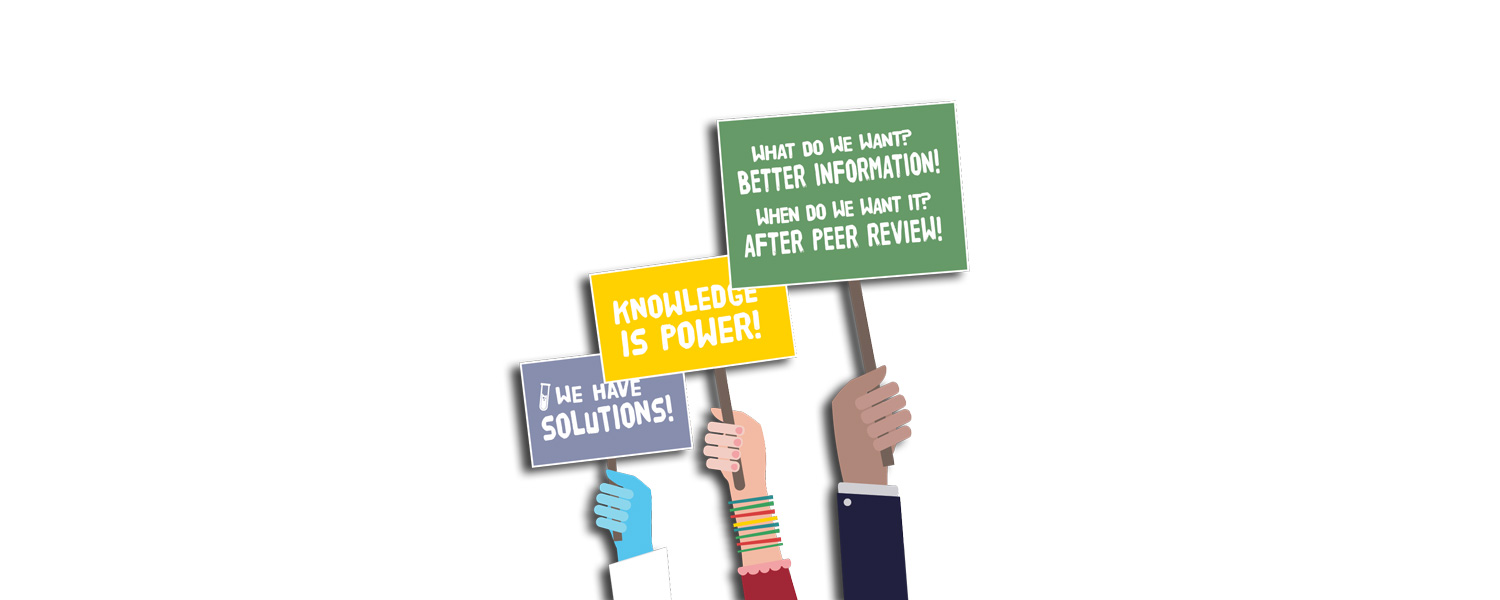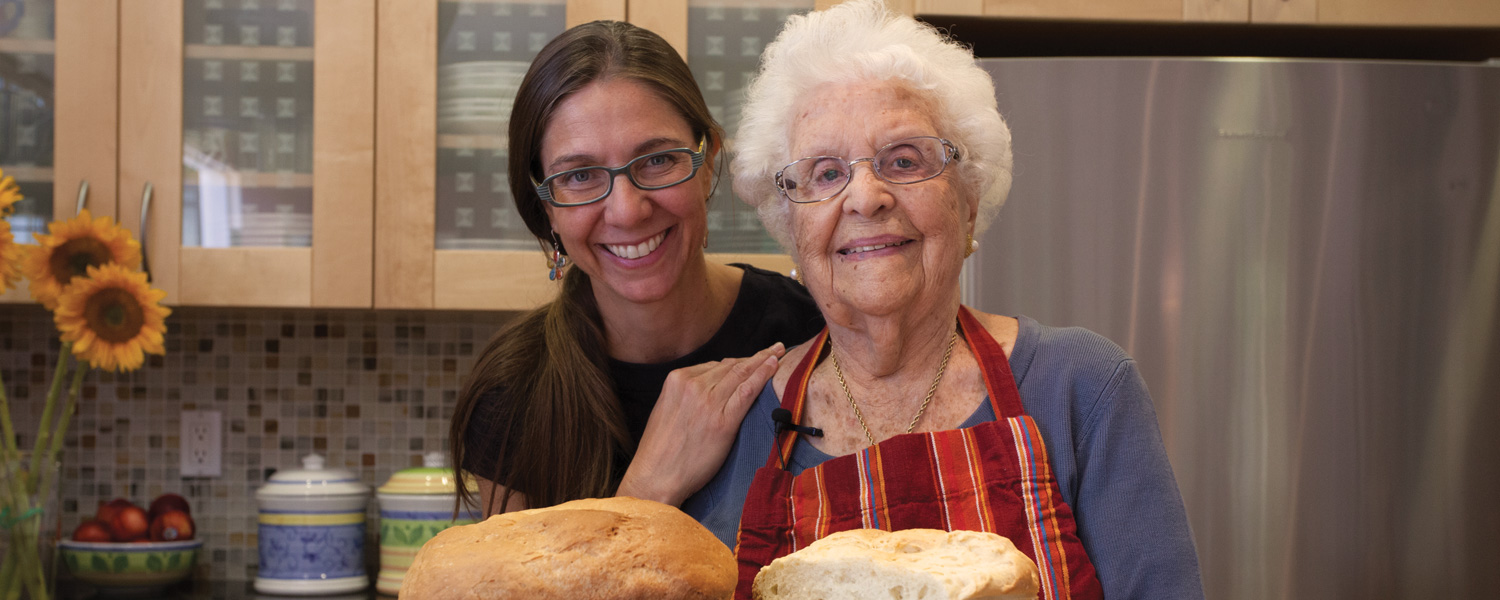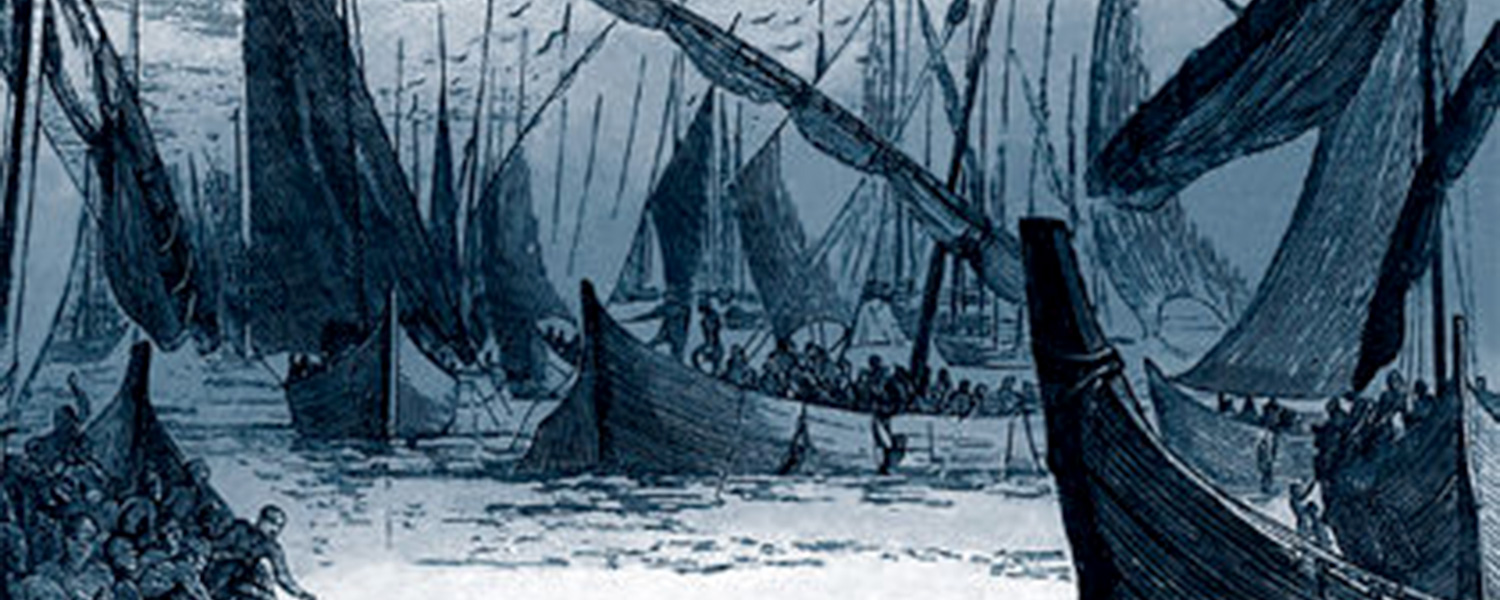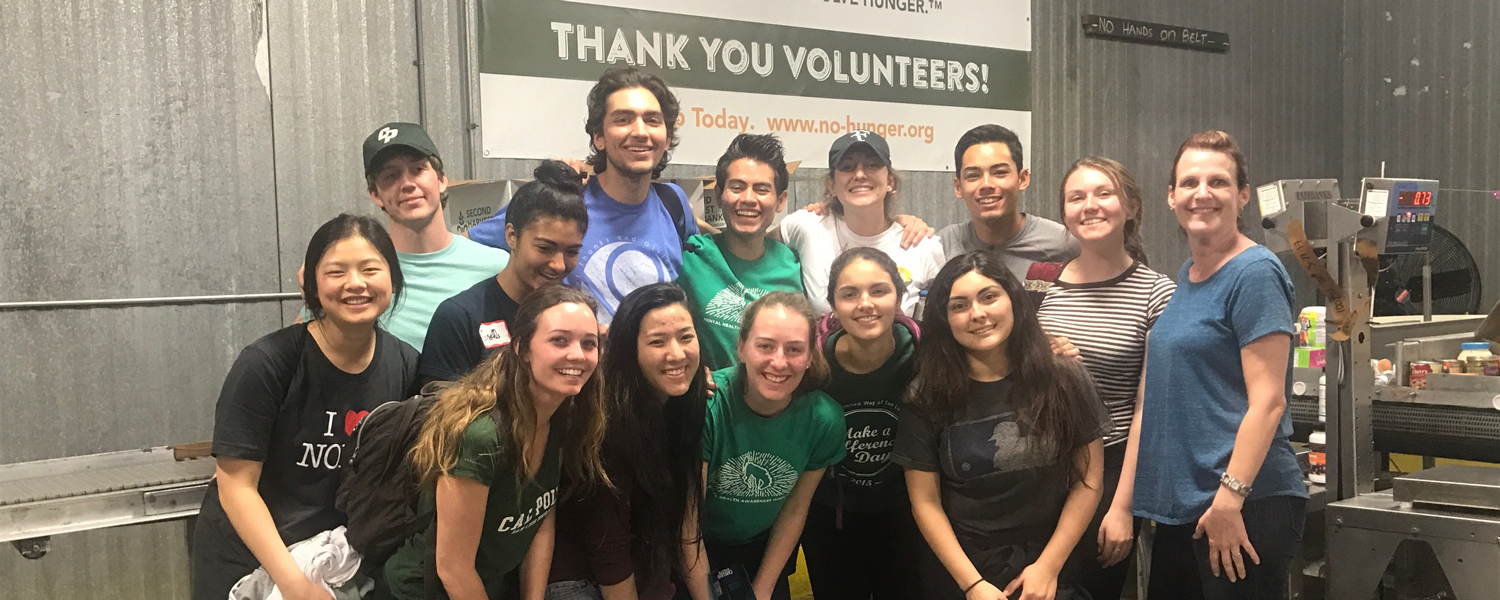cal poly news
Activism and the Academy
By Larry Peña

In an era in which the very idea of what is fact is often called into question, a group of Cal Poly faculty is pushing to inject more academic expertise into the public conversation. At a public campus event in January called the Teach-In, faculty hosted a series of presentations for colleagues, students and the general public on the importance of those in academia being politically active.
“Following the presidential election, some folks were elated, and some folks were scared, angry or confused,” said Interim Office of University Diversity and Inclusivity Director Denise Isom, who coordinated the event. “We found ourselves in a sociopolitical moment that begs for a response from an institution like Cal Poly. The academy of higher education is built for being able to speak to these pivotal historical moments.”
The event, which was open to the public, featured a series of keynote presentations on Dexter Lawn about political and academic issues and smaller breakout sessions across campus. Speakers included historians, engineers, biologists and sociologists from across Cal Poly’s faculty.
Grace Yeh, an ethnic studies professor who has researched the internment of Japanese-Americans during the 1930s and ‘40s, gave a presentation on the importance of being aware of emerging issues as a way to avoid repeating historical mistakes.
“Anti-immigrant sentiment and ignorance about who the Japanese were led many Americans of the time to believe that the internment was justified,” she said. She sees some of those same issues influencing attitudes about Muslims and immigrants today. “We want to make sure that in 50 or 75 years, we don’t look back and think, ‘I saw it happening right under my nose and didn’t do anything.’”
Ahmed Dief, an assistant professor of industrial technology who presented at the Teach-In, has firsthand experience as a politically active academic. After the Arab Spring uprisings in 2011, Dief returned to his native Egypt to advise the new government on handling infrastructure challenges.
“People sometimes see activism as a humanitarian activity, connected to the social sciences and the liberal arts — scientists and engineers are just supposed to be in the lab,” he said. “My main objective was to tell them that you can do both. You can leverage your scientific background to help shape your society.”
Since the Teach-In, the organizers have spun the event’s success into productive next steps. One of those steps is a standing weekly series of presentations called Teach On, in which faculty from across campus discuss issues of current political and social importance.
The overall goal of community engagement efforts like this, said Isom, is to highlight the importance of informed political discourse and action in building a better future. “I cannot imagine knowledge existing for the sake of being bound up in a book,” said Isom. “Knowledge asks to be engaged. It’s central to our notion here at Cal Poly about Learn by Doing — knowledge is designed to enable us to go out and transform society.”





